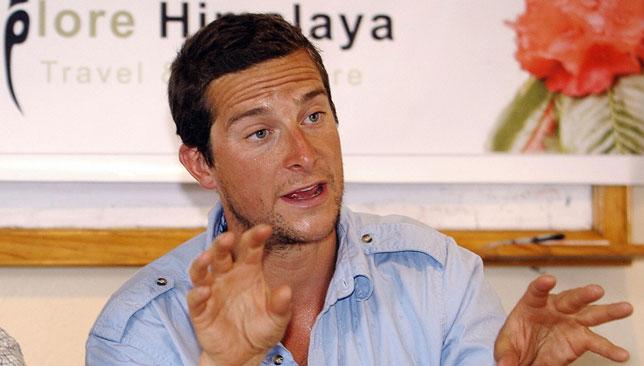
This is the last in a series of four articles on how we can improve our health by eating more like our ancestors. Caveman, Paleo, Primal: all describe a simple set of rules we should follow to provide the correct nourishment for our bodies to be healthy, fit and for the most part disease free. Our diet and lifestyles are responsible for much of our ill health, so it’s worth making a few changes.
1. Protein: Eat plenty of good quality protein, preferably organic and free range. Grass fed meat is lower in calories, contains healthy omega-3 fats, more vitamins A and E, higher levels of antioxidants and up to seven times the beta-carotene as compared to grain fed livestock. Grain is relatively cheap and easy to grow: animals “finished off” on a grain diet (which contains hormones and antibiotics) will reach a saleable size and weight up to a year before grass fed livestock. These animals are confined whilst being fattened up, so the ratio of muscle to fat is also affected. Look what happens to our bodies when we eat too much and don’t exercise. This intensive farming is detrimental to our health and raises obvious questions regarding animal welfare. And for those who care and have taken the next step towards vegetarianism, the rules are quite simple: organic and a good variety of sources.
2. More fibre: We rely too heavily on grains as a source of carbohydrate. Grains do provide fibre, but non-starchy vegetables contain eight times more fibre than whole grains and 31 times more than refined grains. Even fruits contain twice as much fibre as whole grains and seven times more than refined grains. Vegetables and fruit are also lower in calories and in a world where most of the developed countries have a serious issue with obesity, it makes sense to switch from grain to vegetable carbohydrate. Reduce your grain intake significantly and make non starchy vegetables and some fruits 40 per cent of each meal.
3. Higher potassium, lower sodium: Most of us are aware of the dangers of high sodium intake: raised blood pressure, heart disease and stroke, but the same health issues apply to low potassium intake. Fresh, unprocessed foods contain anything from 5 to 10 times more potassium than sodium. Most people consume twice as much sodium as potassium and our bodies just aren’t adapted to being able to deal with this.
4. Vitamins, minerals, antioxidants: The best, most easily digestible sources of these vital nutrients are found in free range, organic animal produce and org-anic fruit and vegetables. It is for this reason that vegans must take a vitamin B12 supplement.
5. KIS (Keep it simple): You don’t have to go back to caveman to see how far from this path we have strayed. The meat and two veg diet of my parents generation meant that they knew exactly what their meals were composed of compared to the pre-prepared, pre-packaged and fast food many people eat now. Read the labels.